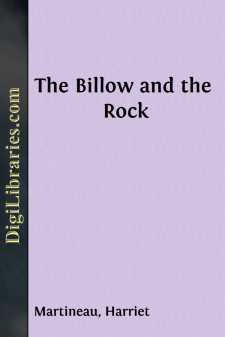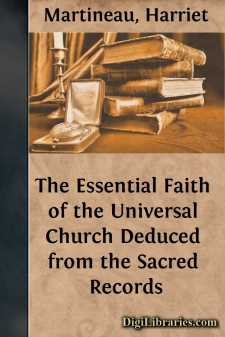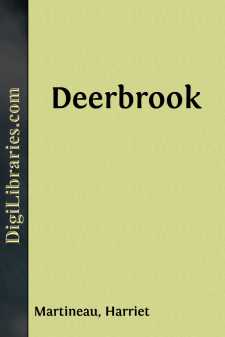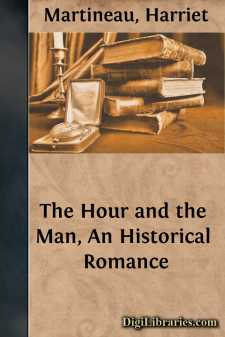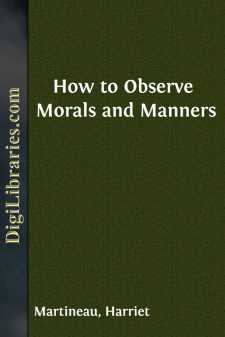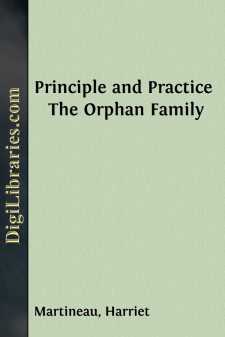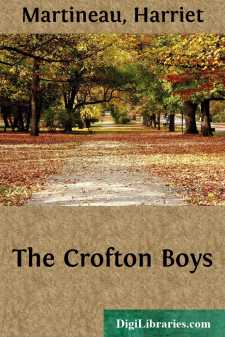Categories
- Antiques & Collectibles 13
- Architecture 36
- Art 48
- Bibles 22
- Biography & Autobiography 816
- Body, Mind & Spirit 145
- Business & Economics 28
- Children's Books 17
- Children's Fiction 14
- Computers 4
- Cooking 94
- Crafts & Hobbies 4
- Drama 346
- Education 58
- Family & Relationships 59
- Fiction 11834
- Foreign Language Study 3
- Games 19
- Gardening 17
- Health & Fitness 34
- History 1378
- House & Home 1
- Humor 147
- Juvenile Fiction 1873
- Juvenile Nonfiction 202
- Language Arts & Disciplines 89
- Law 16
- Literary Collections 686
- Literary Criticism 179
- Mathematics 13
- Medical 41
- Music 40
- Nature 179
- Non-Classifiable 1768
- Performing Arts 7
- Periodicals 1453
- Philosophy 66
- Photography 2
- Poetry 897
- Political Science 203
- Psychology 45
- Reference 154
- Religion 516
- Science 126
- Self-Help 85
- Social Science 82
- Sports & Recreation 34
- Study Aids 3
- Technology & Engineering 59
- Transportation 23
- Travel 463
- True Crime 29
Harriet Martineau
Harriet Martineau (1802-1876) was a pioneering English social theorist and writer often considered the first female sociologist. She authored numerous works on political economy, sociology, and history, translating complex economic theories for the general public and advocating for social reform. Martineau's notable contributions include her series "Illustrations of Political Economy" and her detailed travelogue, "Society in America," where she analyzed American life and institutions.
Author's Books:
Sort by:
Lord and Lady Carse. Scotland was a strange and uncomfortable country to live in a hundred years ago. Strange beyond measure its state of society appears to us when we consider, not only that it was called a Christian country, but that the people had shown that they really did care very much for their religion, and were bent upon worshipping God according to their conscience and true belief. Whilst...
more...
PRELIMINARY ADDRESS. As Christians addressing Christians, we, whose faith is called Unitarianism, invite you, our Roman Catholic brethren, to join with us in investigating the origin and true nature of that Gospel which we agree in believing worthy of the deepest study, the most unremitting interest, and the highest regard. We agree in believing every Christian to be bound to promote the welfare of his...
more...
Erlingsen’s “At Home.” Every one who has looked at the map of Norway must have been struck with the singular character of its coast. On the map it looks so jagged, such a strange mixture of land and sea, that it appears as if there must be a perpetual struggle between the two,—the sea striving to inundate the land, and the land pushing itself out into the sea, till it ends in their dividing the...
more...
An Event. Every town-bred person who travels in a rich country region, knows what it is to see a neat white house planted in a pretty situation,—in a shrubbery, or commanding a sunny common, or nestling between two hills,—and to say to himself, as the carriage sweeps past its gate, “I should like to live there,”—“I could be very happy in that pretty place.” Transient visions pass before...
more...
Waiting Supper. The nights of August are in Saint Domingo the hottest of the year. The winds then cease to befriend the panting inhabitants; and while the thermometer stands at 90 degrees, there is no steady breeze, as during the preceding months of summer. Light puffs of wind now and then fan the brow of the negro, and relieve for an instant the oppression of the European settler; but they are gone as...
more...
INTRODUCTION. "Inest sua gratia parvis." "Les petites choses n'ont de valeur que de la part de ceux qui peuvent s'élever aux grandes."—De Jouy. There is no department of inquiry in which it is not full as easy to miss truth as to find it, even when the materials from which truth is to be drawn are actually present to our senses. A child does not catch a gold fish in water...
more...
Chapter One. Let none sit down to read this little tale, whose interest can only be excited by the relation of uncommon circumstances, of romantic adventures, of poetical perplexities, or of picturesque difficulties. No beauties of this kind will be here found. I propose to give a plain, unaffected narrative of the exertions made by a family of young persons, to render themselves and each other happy...
more...
ALL THE PROCTORS BUT PHIL. Mr. Proctor, the chemist and druggist, kept his shop, and lived in the Strand, London. His children thought that there was never anything pleasanter than the way they lived. Their house was warm in winter, and such a little distance from the church, that they had no difficulty in getting to church and back again, in the worst weather, before their shoes were wet. They were...
more...


